Expert Weighs in on Stanley Tumbler’s Lead Scare
 As you likely already know, Stanley tumblers are trendy water bottles. They are so popular that the Valentine’s day limited edition version of the tumbler triggered physical confrontations and campouts at Target. They are often used as a fashion accessory and the company’s use of influencers on social media has caused huge sales of the tumblers. However, the manufacturer of the tumblers, Stanley, states on its website that the vacuum insulation technology that controls the contents of the cup at an ideal temperature is sealed with an industry standard pellet that contains some lead. However, according to the company, after the bottle is sealed, the manufacturer covers that portion with stainless steel rendering the lead inaccessible to those drinking from the tumbler, so there isn’t anything to worry about in terms of health hazards.
As you likely already know, Stanley tumblers are trendy water bottles. They are so popular that the Valentine’s day limited edition version of the tumbler triggered physical confrontations and campouts at Target. They are often used as a fashion accessory and the company’s use of influencers on social media has caused huge sales of the tumblers. However, the manufacturer of the tumblers, Stanley, states on its website that the vacuum insulation technology that controls the contents of the cup at an ideal temperature is sealed with an industry standard pellet that contains some lead. However, according to the company, after the bottle is sealed, the manufacturer covers that portion with stainless steel rendering the lead inaccessible to those drinking from the tumbler, so there isn’t anything to worry about in terms of health hazards.
Call Seasoned Chicago-based Lawyers of Moll Law Group for Product Liability Claims Related to Lead
Even so, a number of social media posts on YouTube, X, Reddit, Instagram, and TikTok have remarked on concerns that there is lead in the tumblers. There are also tumbler owners who used kits from home to test the lead; experts say those are not reliable. The lead discussion continues on Facebook, as well.
Recently, professor of public health Jack Caravanos who studies lead and is a global exposure expert assured the public that the Stanley cup is not dangerous to consumers. He tested the cups of different sizes using an X-ray fluorescence detector. This detector decides what the elements of the material are, and this one did not find superficial lead, even, on any part of the cup, Dr. Caravanos reports. He says that the danger to human health is negligible since your mouth isn’t going to go near the surface, and the lead won’t dissolve into the stainless steel. He was unable to deconstruct the tumbler to look at what’s beneath the stainless steel but wasn’t able to get that part open; this is a sign, he says, that lead material is highly unlikely to get out of the cup and become something that could be consumed.
 Illinois Injury and Mass Tort Lawyer Blog
Illinois Injury and Mass Tort Lawyer Blog






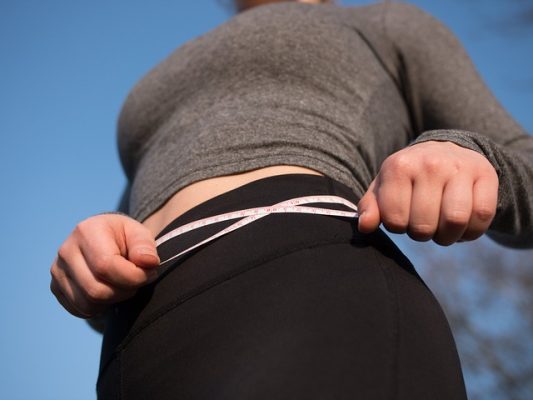 Recently, the United States Judicial Panel on Multidistrict Litigation
Recently, the United States Judicial Panel on Multidistrict Litigation 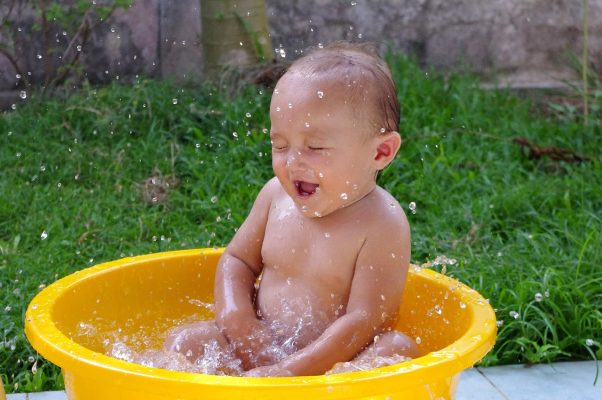 Three of the United States’s largest retailers, Amazon, Target, and Walmart, have
Three of the United States’s largest retailers, Amazon, Target, and Walmart, have 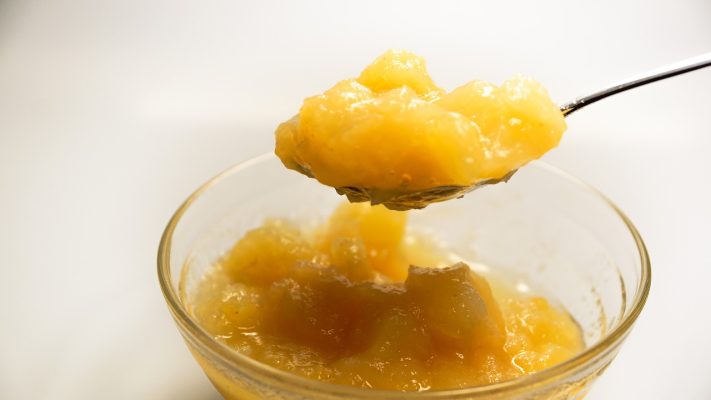 As we’ve previously related on this blog, the United States Food and Drug Administration has
As we’ve previously related on this blog, the United States Food and Drug Administration has 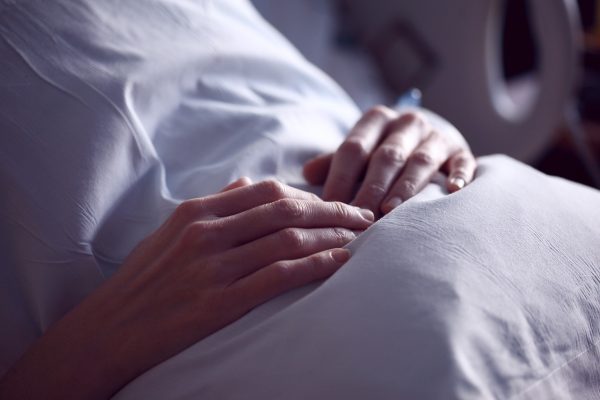 The Philips DreamStation 2 CPAP machine, used both at home and in medical settings, is prescribed to provide positive airway pressure for treatment of obstructive sleep apnea. Recently, the United States Food and Drug Administration (FDA) has
The Philips DreamStation 2 CPAP machine, used both at home and in medical settings, is prescribed to provide positive airway pressure for treatment of obstructive sleep apnea. Recently, the United States Food and Drug Administration (FDA) has 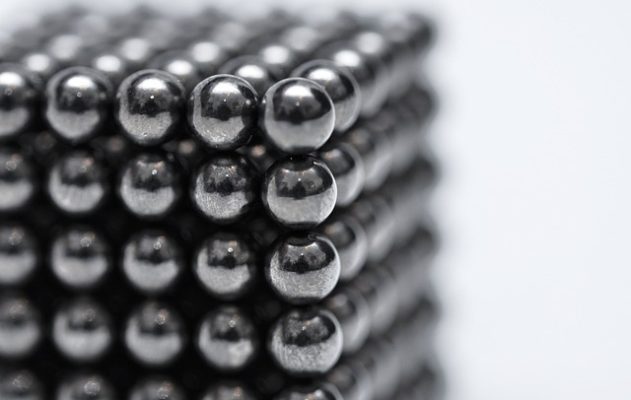 Recently, federal safety regulators asked consumers to stop buying and using
Recently, federal safety regulators asked consumers to stop buying and using  Tesla makes almost 50% of the electric passenger cars sold in the United States. Recently, however, Tesla
Tesla makes almost 50% of the electric passenger cars sold in the United States. Recently, however, Tesla 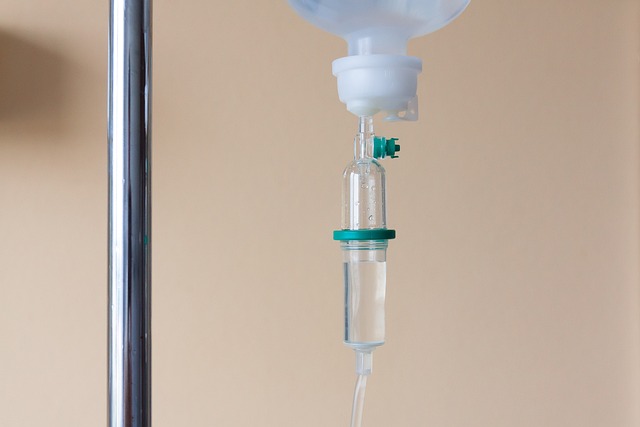 Recently, Baxter International, Inc.
Recently, Baxter International, Inc. 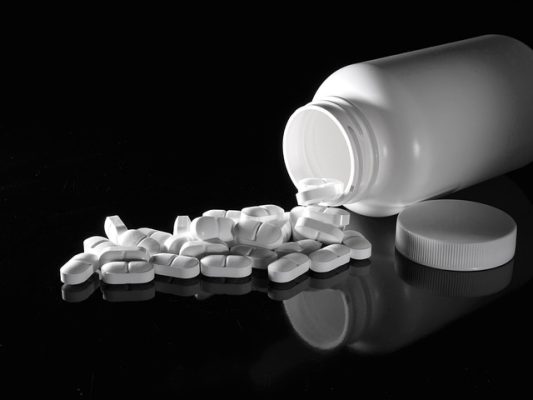 The United States Food and Drug Administration (FDA)
The United States Food and Drug Administration (FDA) 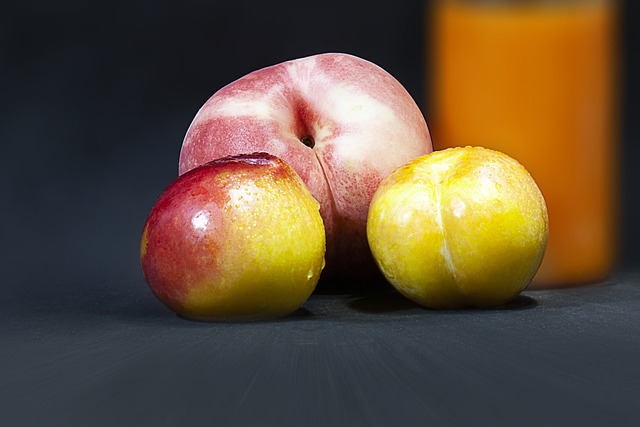 The Centers for Disease Control and Prevention
The Centers for Disease Control and Prevention